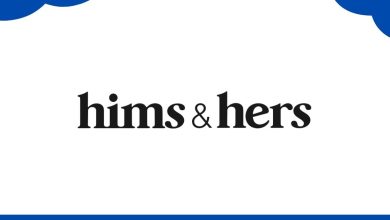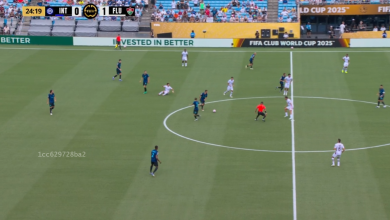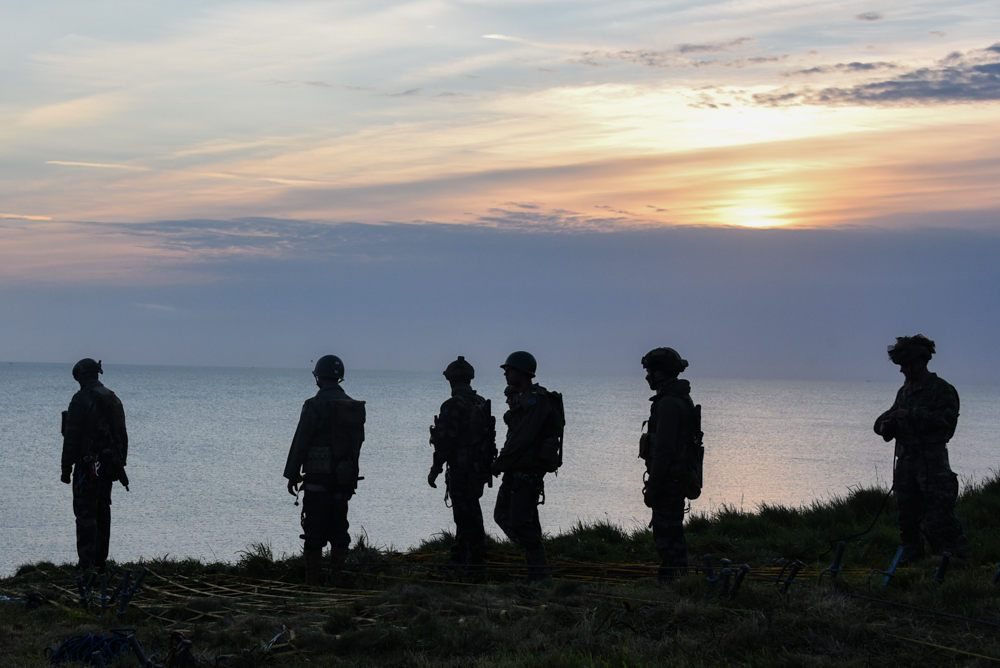OPEC+ Alliance, Led by Saudi Arabia and Russia, to Boost Oil Output in Move That Could Lower Gas Prices

VIENNA, Austria – In a significant move that could bring relief to consumers at the pump, a key group of eight nations from the OPEC+ alliance has agreed to increase oil production by 548,000 barrels per day (bpd) starting in August.
The decision was made during a virtual meeting on Saturday by a powerful coalition that includes OPEC leader Saudi Arabia and top non-OPEC producer Russia. The group cited confidence in the market, pointing to “low oil stocks and a steady global economic outlook” as the primary drivers for the production hike.
The eight countries participating in the increase are Saudi Arabia, Russia, Iraq, the United Arab Emirates, Kuwait, Kazakhstan, Algeria, and Oman.
This move marks a shift in strategy for the alliance, which had previously delayed output increases due to weaker-than-anticipated global demand and rising production from rival, non-allied nations.
According to a statement, the decision aligns with a broader, long-term plan established last December. That framework calls for gradually reintroducing up to 2 million barrels per day to the market over an 18-month period, which began in April and is scheduled to conclude in the fall of 2026.
By increasing supply, the OPEC+ members aim to stabilize the market without causing a price crash. For consumers, this increase in global oil supply could translate directly into lower gasoline prices in the latter half of the year.
The cooperation between Saudi Arabia, the de facto leader of the OPEC cartel, and Russia, the most influential non-OPEC member in the alliance, remains critical to the group’s ability to manage global oil markets effectively. All eyes will now be on crude oil benchmarks and retail fuel prices to see the full impact of this decision as the additional barrels begin to flow in August.




